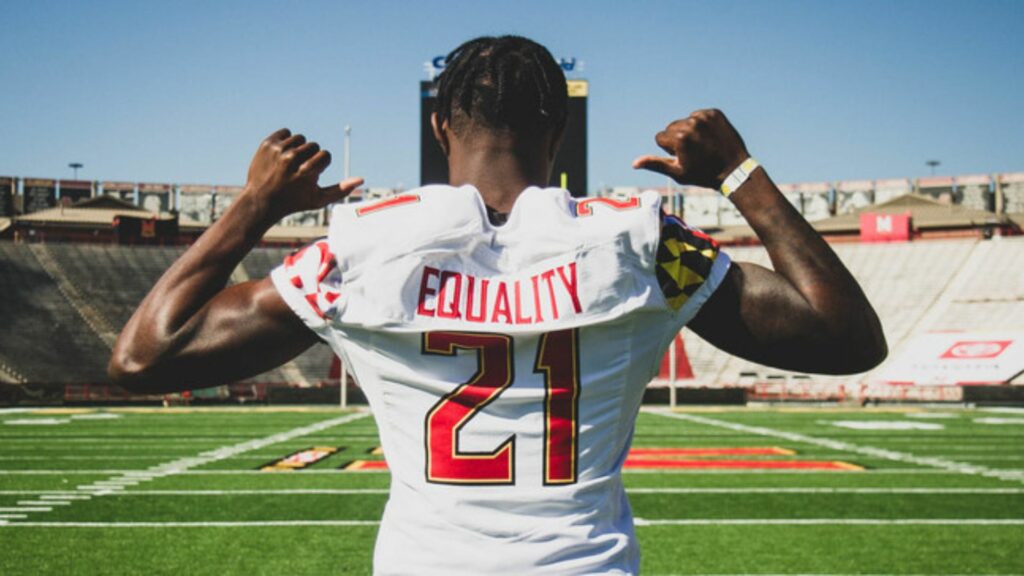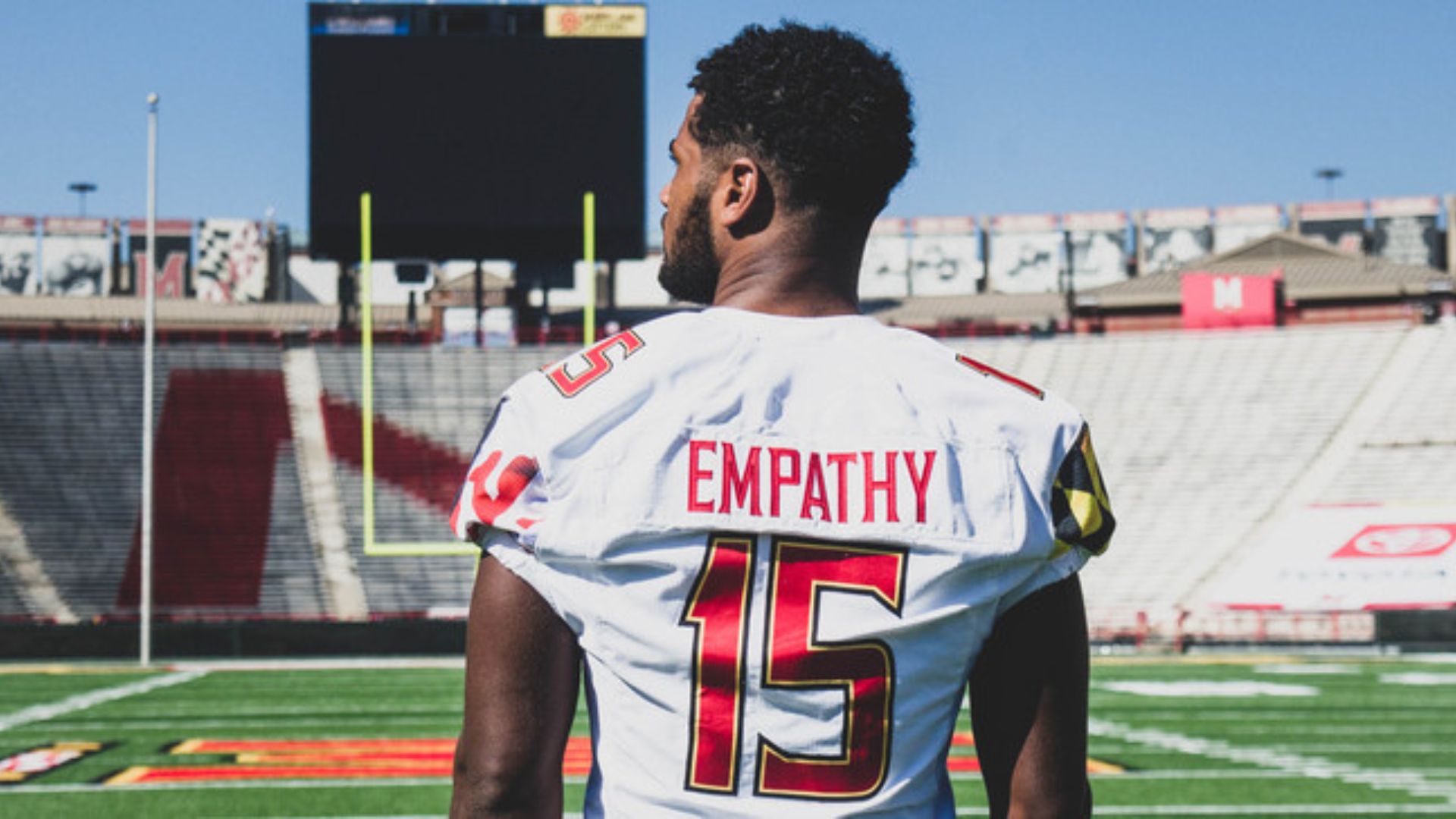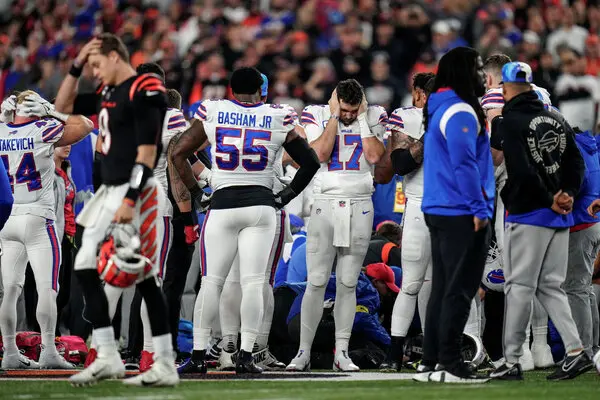A Legacy of Inequality
Despite the beautiful blend of talent from various ethnicities on the field, football has a troubling lack of diversity in leadership positions. Ownership groups, coaching staffs, and executive offices are often predominantly white, failing to reflect the demographics of the sport’s fan base. This lack of representation creates a barrier for aspiring coaches and executives of color, hindering their opportunities for advancement.

Taking a Knee for Justice
In 2016, Colin Kaepernick, a former NFL quarterback, ignited a firestorm of controversy when he began kneeling during the national anthem to protest police brutality and racial injustice. His act of defiance sparked a national conversation about football and social justice. While some criticized Kaepernick for disrespecting the flag, others applauded his courage in using his platform to raise awareness about critical social issues. Kaepernick’s protest became a powerful symbol of resistance, inspiring athletes across all sports to take a knee in solidarity.
Combating Racism
Footballers of color, both on and off the field, continue to face racism. Racist taunts from fans and discriminatory practices within the sport create a hostile environment. Footballing organizations are taking steps to address these issues, but more work needs to be done. Implementing stricter penalties for racist abuse and fostering diversity within fan culture are crucial steps towards creating a more inclusive environment in football.
Championing Social Change
Many footballers are leveraging their platforms to champion social justice causes. They are using their voices to speak out against racism, raise awareness about social issues, and support charitable initiatives that promote equality and opportunity. From Marcus Rashford’s campaign to tackle child food poverty in the UK to Megan Rapinoe’s advocacy for LGBTQ+ rights, footballers are proving that their power extends far beyond the pitch.
Grassroots Initiatives
Football and social justice efforts extend beyond professional leagues. At the grassroots level, numerous initiatives are promoting equality and inclusion within the sport. These programs provide opportunities for young people from underserved communities to participate in football. Additionally, fostering a sense of belonging and teaching valuable life skills. Additionally, these initiatives often address social issues faced by young people, such as gang violence and educational inequality.
The Road Ahead
Furthermore, the fight for social justice within football is far from over. However, the growing conversation surrounding football and social justice is a positive sign. By raising awareness, advocating change, and promoting diversity, football can wield significant influence for good. Leveraging its global reach, the sport holds the power to foster a fairer society, on and off the field.
Conclusion
In conclusion, Football, with its passionate fans and inspirational athletes, holds immense power. By embracing social justice initiatives and fostering a culture of equality, football can transcend the beautiful game. It can become a unifying force for progress, tackling societal issues and inspiring positive change. As athletes speak out and organizations embrace diversity, football can level the playing field, both on and off the pitch. The future of football and social justice shines brightly, with the beautiful game uniting people in the fight for a fairer world.




